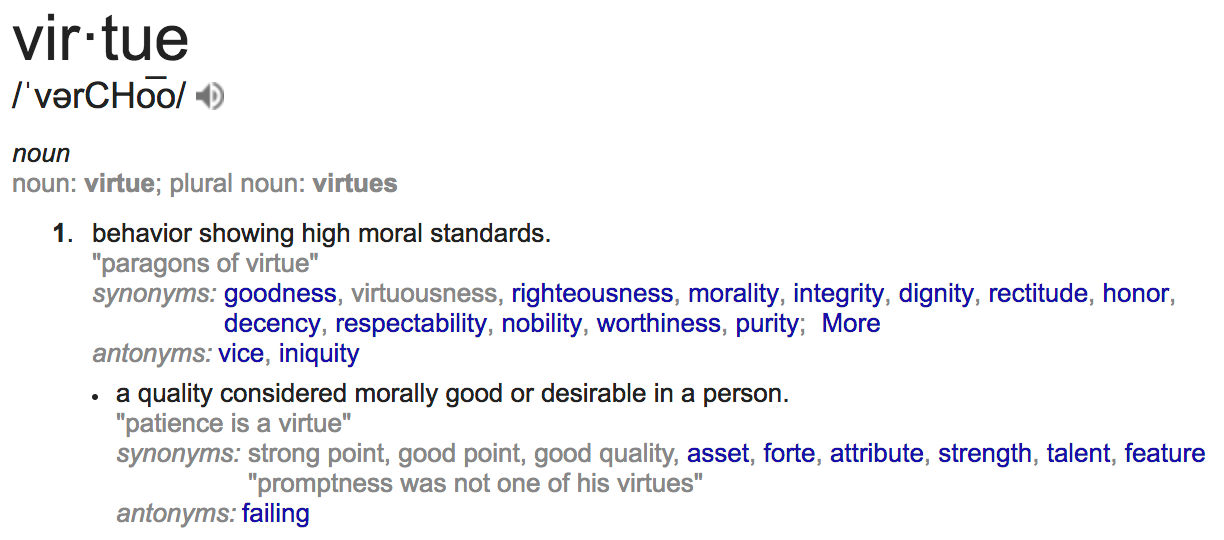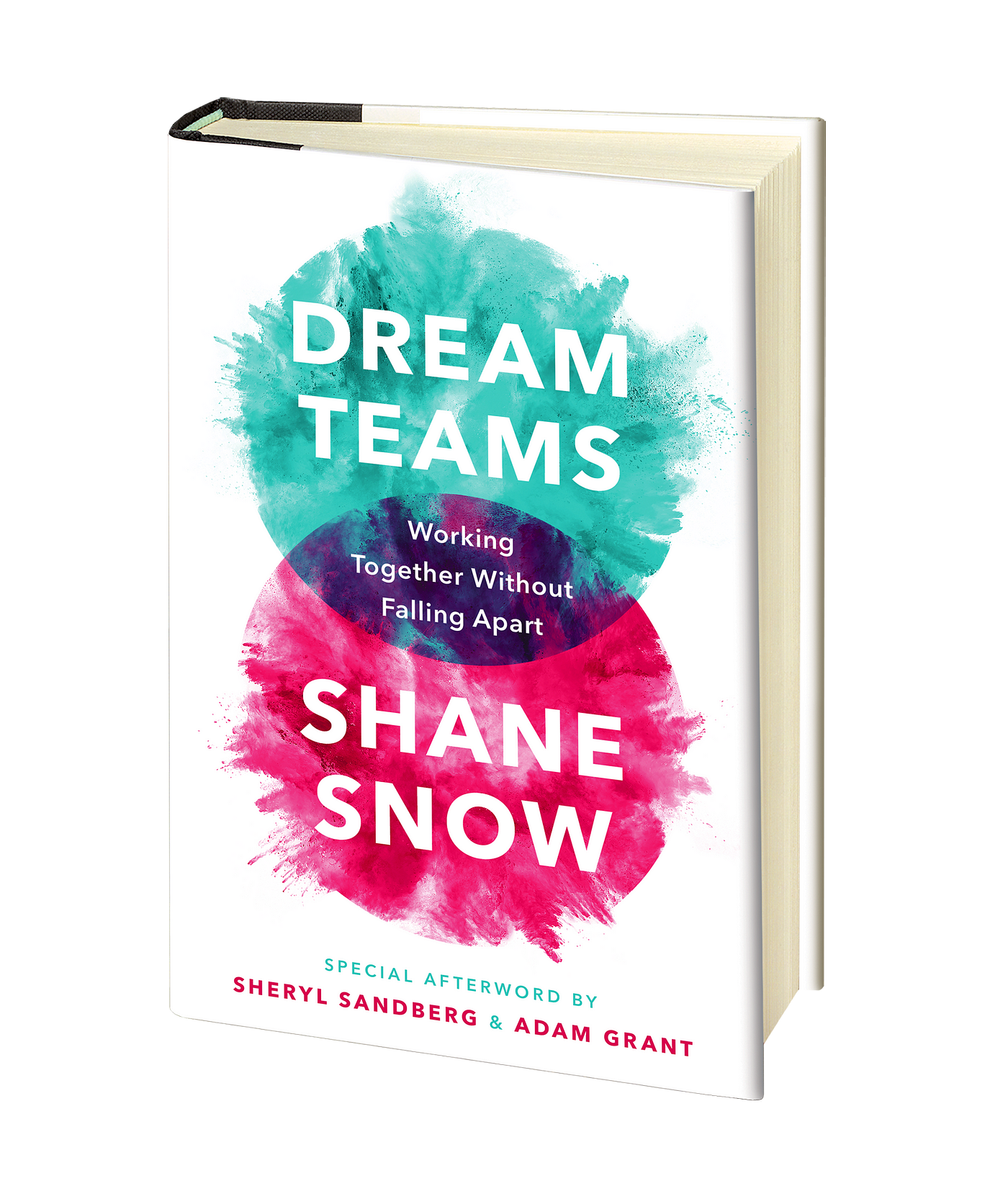How to Know if You Are Valued at Work
Here's How To Know If Your "Values" Are Really Values

A midst the flurry of recent disclosures about people and companies in our little northern hemisphere who are doing things they say they're not doing, I thought it appropriate to share something ane of the about inspiring executives I ever hired used to say a lot:
"A value isn't a value unless it costs yous something."
Legendary ad-human Bill Bernbach coined it slightly different — but I like my exec's version meliorate, then I'm gonna go alee and call it The Kelly Principle (no shade on Bill.) Kelly's adage is powerful because it reminds united states of america that if we truly value something, and then we'll be willing to give upwardly something else we value in gild to get information technology.
Giving up our money is one ouch! nosotros'll endure to get something we care near. Or we might give up our time, our prerogatives — even our ego.
Regardless of what we say, it's what we sacrifice that reveals what our values truly are.
Most "values" we talk near (and fail) are really virtues
I know that's a fleck abstract, just when we talk nigh values we're by and large talking near "beliefs showing high moral standards," which is how Google Dictionary defines the discussion "virtue."
It's a subtle distinction, but an important one.

After all, we can "value" items, or money, or certain people (e.m. your tribe; your party; your investors) more than than nosotros "value," say, honesty, or kindness, or — ahem — privacy.
I'll illustrate what I mean by sharing the personal characteristics that superlative the list of virtues I'thou willing to make sacrifices for in my own life. I don't always succeed, but I try to utilise these "values" every bit guides for the tradeoffs that come at me. I've recorded these in a living certificate I edit regularly and call the Tao of Shane . I keep the Tao Te Shane in an urn inside a Shaolin monastery 7,000 steps high in the Himalayas (which makes it really difficult to edit).
My tiptop virtues at present are:
- Courage,
- Humility (specifically: Intellectual Humility)
- Impact, and
- Marvel
These are honest-to-gods values for me, because there are specific instances where choosing them has price me (or will cost me) something else I care about.
To be real values, and non just a wishlist, I accept to be able to describe specific instances when I'll choose them over something else.
For example: What if I find myself in an argument with someone? (It happens. *Sigh*) Valuing Curiosity means that I'll have to sacrifice my sense of being "Right" and really consider the other viewpoint. Shane the Smartest Guy In The Room? Sacrificed! Shane the Unwavering? Dead, on the altar of Curiosity. That's the cost I have to pay if I'm sincere about wanting to acquire something new.
Valuing your values
I don't mean to sound like the Punctuation Panda, merely a lot of organizations are using the word value wrong. "We value collaboration"; "We value treating customers like they're e'er right." Audio familiar?
Those aren't values per se — again, they're virtuous behaviors. If your visitor indeed "values" customer service, does that hateful you'd actually pay someone (with a heartbeat) to answer a tech back up line? As opposed to, say, only plugging in the far cheaper Comcast-style merry phone chase?
You say yous're peachy on collaboration? Wonderful! Merely what happens when a wider range of input comes at the cost of quick turnaround?
If the price tag makes you blink, then, well, perhaps 'value' is likewise strong a word.
Truth hurts (and it should)
Only as our personal values come at a cost, and then, too, must an organisation cede something of worth before a mere trade do turns into a bona fide value. Once that cede has been fabricated, an system might be surprised to observe, equally we did at Contently, that their hard-won value reaches far beyond the bottom line.
Equally an example of corporate sacrifice: back when I was upwardly to my eyes in day-to-day operations at Contently there was a mantra we posted on all the walls:

Correct? I mean, Contently is a content platform, for crying out loud. Delivering cracking stories through a myriad of media had to be our #1 value. Right???
Wrong. At Contently, as with any decent system (or person, I'd dare say!) telling the truth trumps spinning a skillful yarn, even if that yarn might have garnered a meg clicks (or, say, swung an election.) The fact that Contently is willing to sacrifice those clicks in the involvement of something as old-fashioned every bit Truth means that Truth is a bona fide Contently value, while Tell Great Stories…eh…it's more than on the guild of motivational décor. (Putting "be honest" on the walls is as motivating every bit "no duh." That said, I wonder if a "exist honest" wrist tattoo might exercise some of our world'south leaders some good these days…)
So what practise y'all value?
To detect out what you lot really value, ask yourself: What cost am I — or what cost is my system — willing to pay for this?
If you tin't answer that with the words "just near anything," then you may as well postal service your "values" to Santa Claus.
Desire TO WORK SMARTER?
I've created a little cheat sail for how to apply lateral thinking to change your work and life, based on science and my bestselling volume Smartcuts. It's gratis.
Get the cheat canvass here!
Source: https://medium.com/the-mission/heres-how-to-know-if-your-values-are-really-values-d54ffc10c70c
0 Response to "How to Know if You Are Valued at Work"
Post a Comment